
Hawaiʻi coalition calls for tax fairness for local needs
As Hawaiʻi struggles to meet growing needs in housing, education, health care and climate resilience, a broad coalition of community groups, labor unions and nonprofit advocates is pushing lawmakers to confront a long-standing question: how to pay for it.
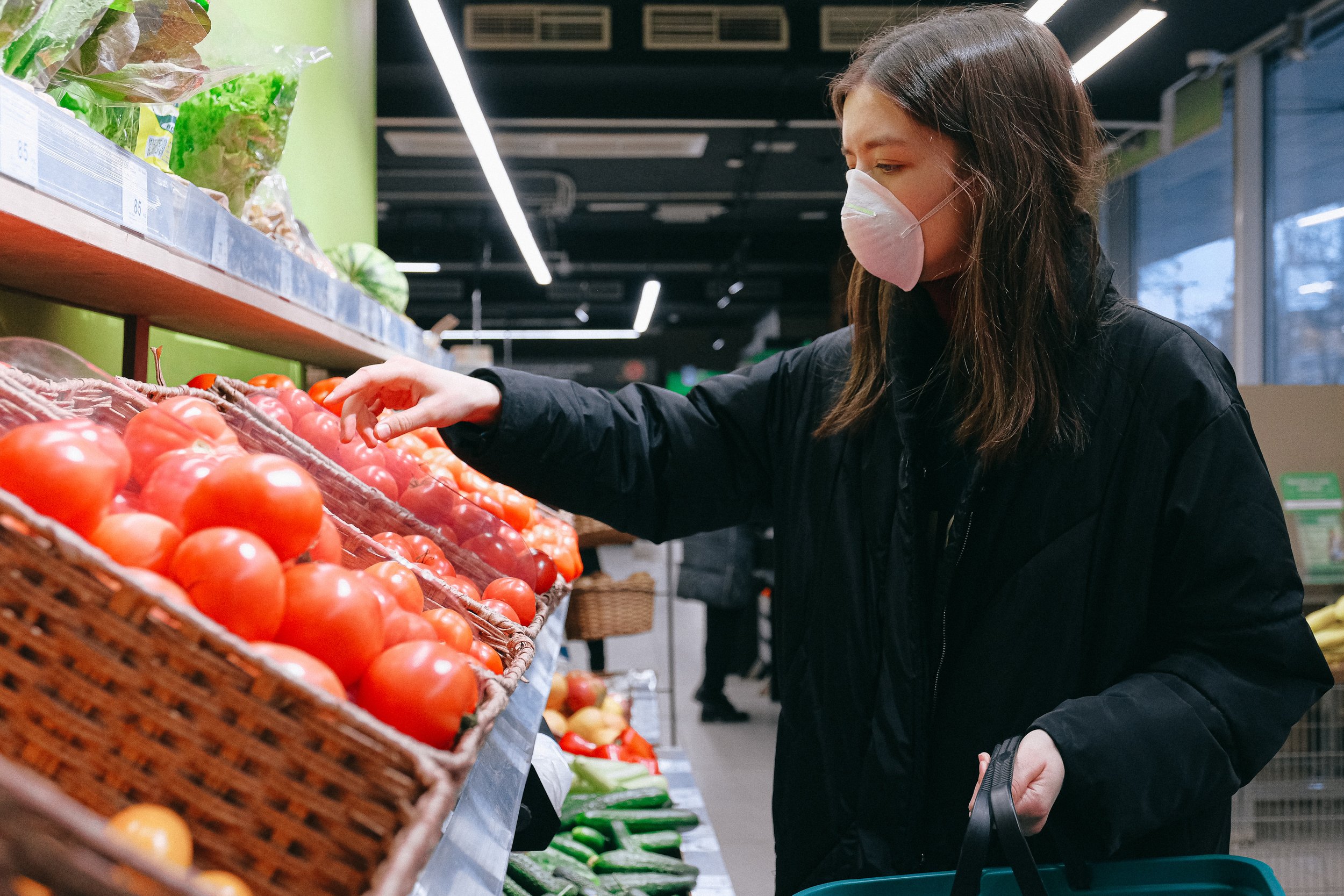
Hawaiʻi to restrict soda purchases under SNAP in 2026; local groups oppose
Instead, increasing incentives for fruits and vegetables does a better job of promoting healthy eating and reducing purchases of sugar-sweetened beverages among SNAP participants.

Mom-and-pop stores losing EBT customers struggle to survive
It’s not only making it harder for families to put food on their tables. It’s also affecting people’s livelihoods.

OHA seeks housing strategy consultant to advance Mana i Mauli Ola goals
These efforts come at a time when small policy wins at the state level are offering renewed hope but require coordinated implementation to benefit Native Hawaiian communities equitably.
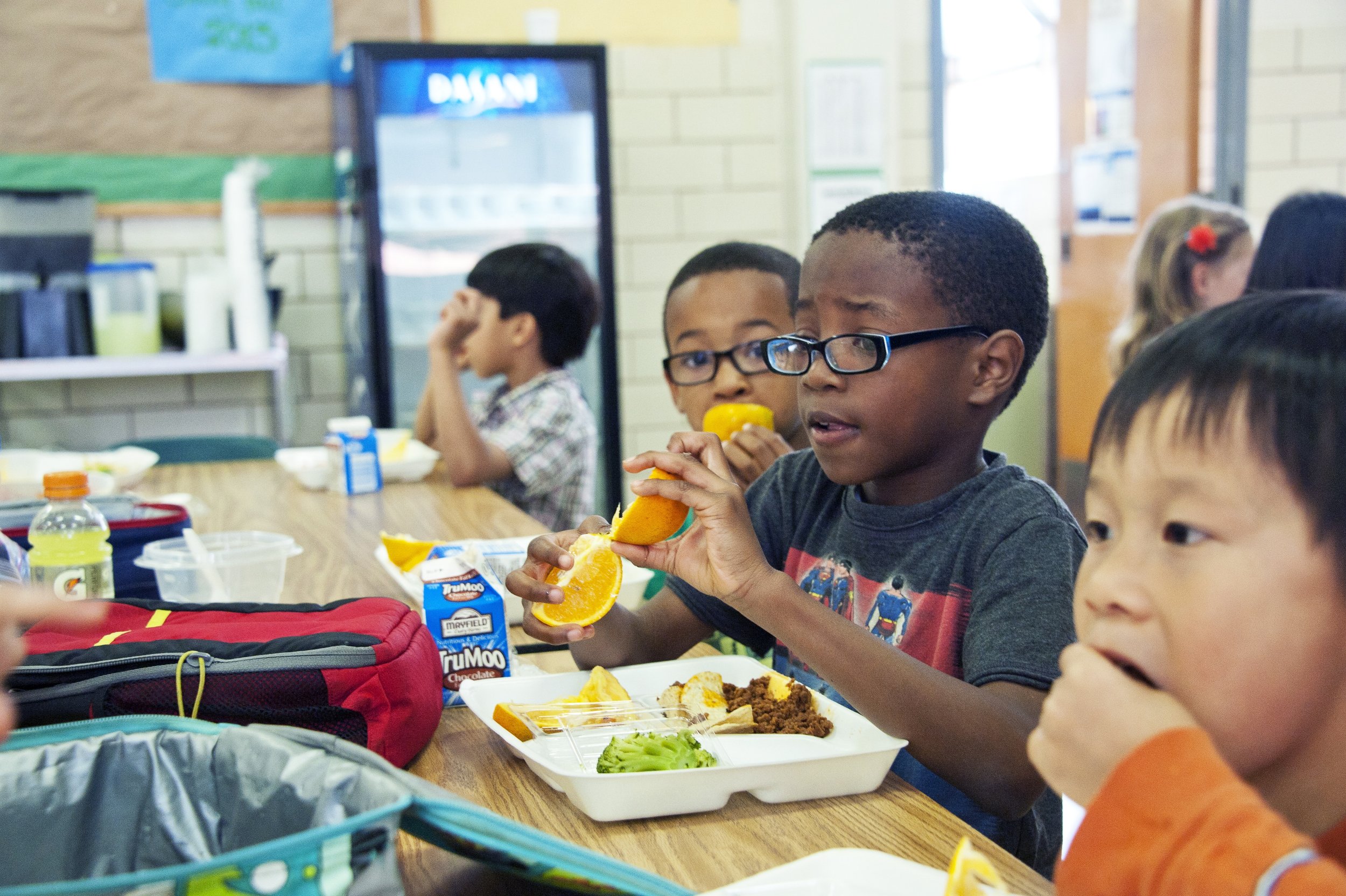
State passes a bill to expand free school meal access
The bill, SB1300, will go into effect with the upcoming 2025-26 school year and will cover students whose family income is not more than 300 percent of the federal poverty level.

Keiki Caucus introduces 2025 legislative package
Legislators and advocates identified five top priority issues impacting Hawaiʻi’s youth and families, including tax credits for household and dependent care services, funding for community schools, paid family leave, e-cigarette regulations, and universal free school breakfast and lunches.

Hawaiʻi set to offer nutrition support services to Medicaid patients
Medicaid patients may soon benefit from a five-year federal waiver that allows Hawaiʻi MedQUEST program to use Medicaid dollars to expand services with community-based food and nutrition organizations.

USDA raises meal reimbursement rate for Hawaiʻi’s kids
While the new rate is still less than half of what advocates wanted, it’s been met with praise in Hawaiʻi.
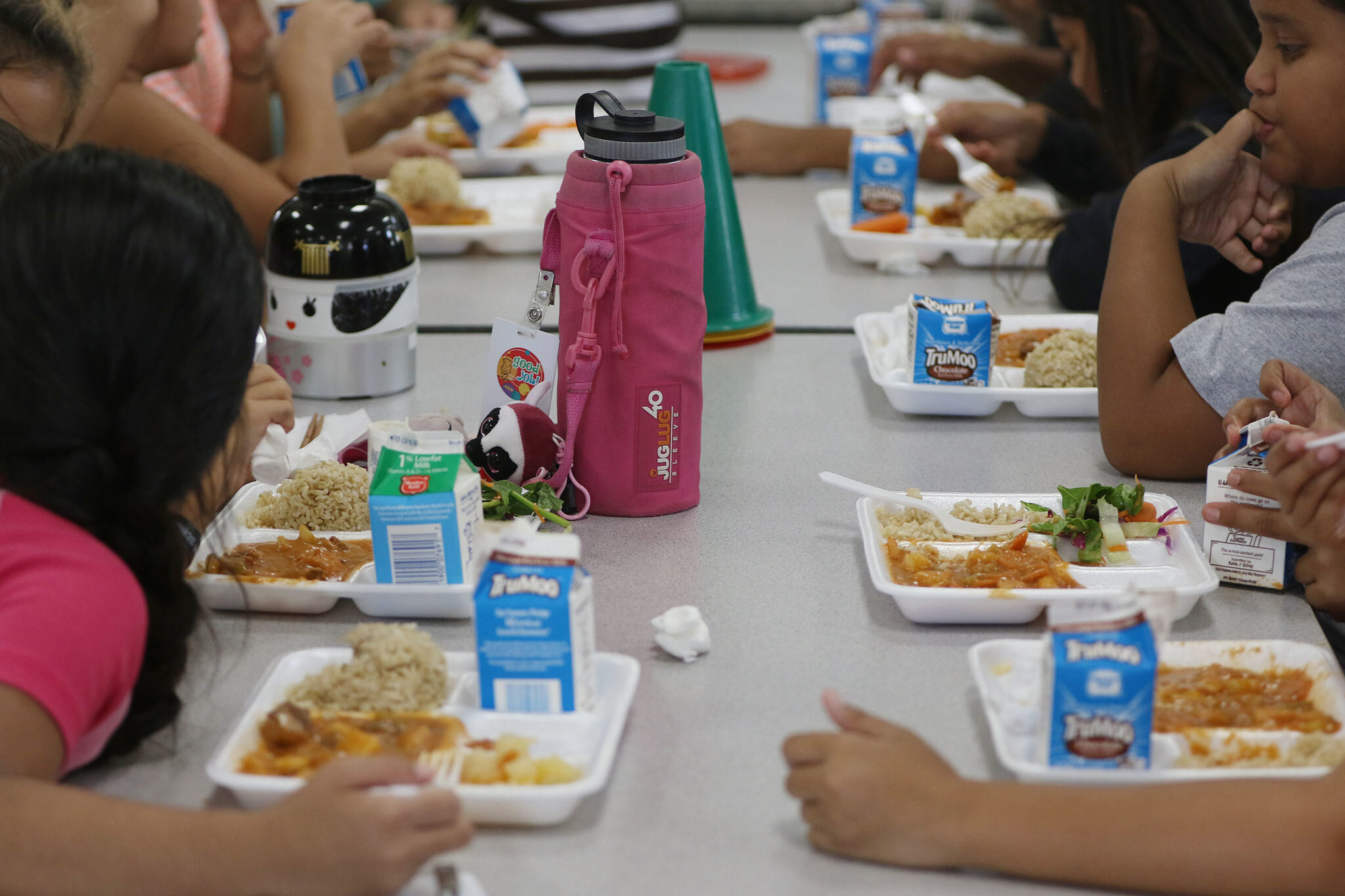
Inside the push to make school meals free in Hawaiʻi
A growing number of states are looking for ways to make free meals a permanent part of public education.
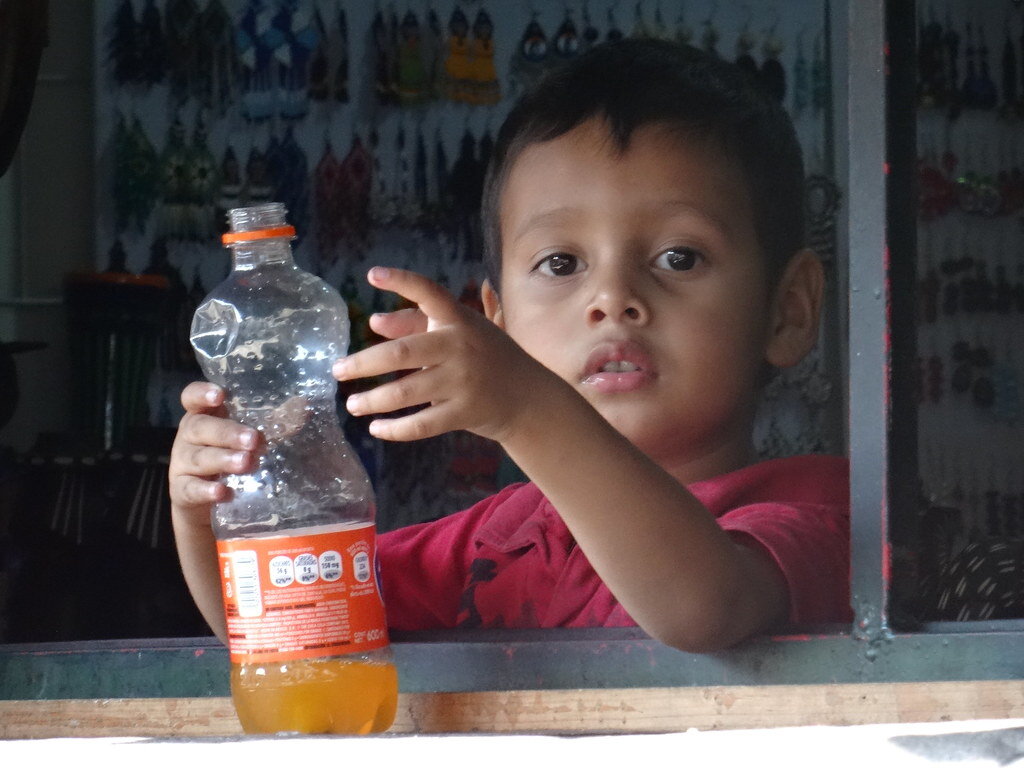
Pandemic fuels spike in childhood obesity in Hawaiʻi
Nearly one in six children between the ages of 10 and 17 are obese in Hawaiʻi, marking a significant increase from four years ago and fueling concerns about the impact that COVID-19 restrictions and school closures have had on the health of the state’s youth.
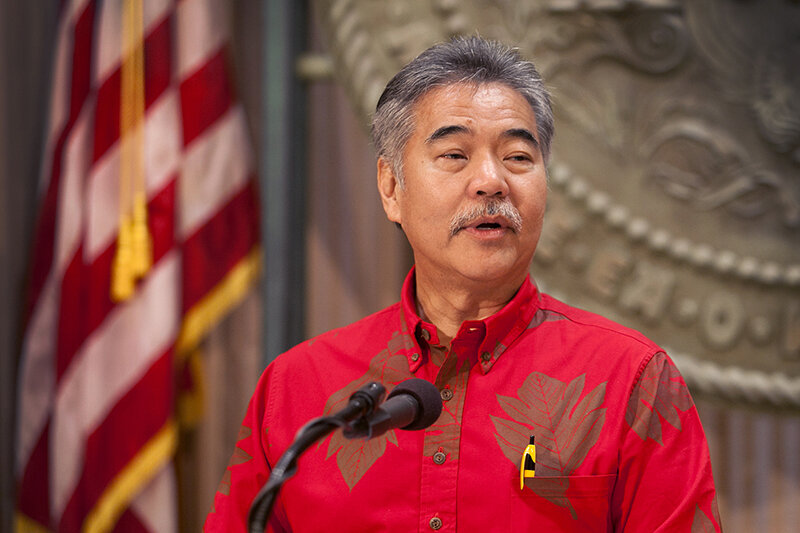
Gov. David Ige and Hawaiʻi Appleseed’s Gavin Thorton join the COVID-19 Care Conversation
Gov. David Ige and Hawaiʻi Appleseed Executive Director Gavin Thorton joined us today for a Q&A video on the COVID-19 Care Conversation.

State must help provide food security
This may be a once-in-a-lifetime chance to pivot toward the kind of food system we want for Hawaiʻi’s future.
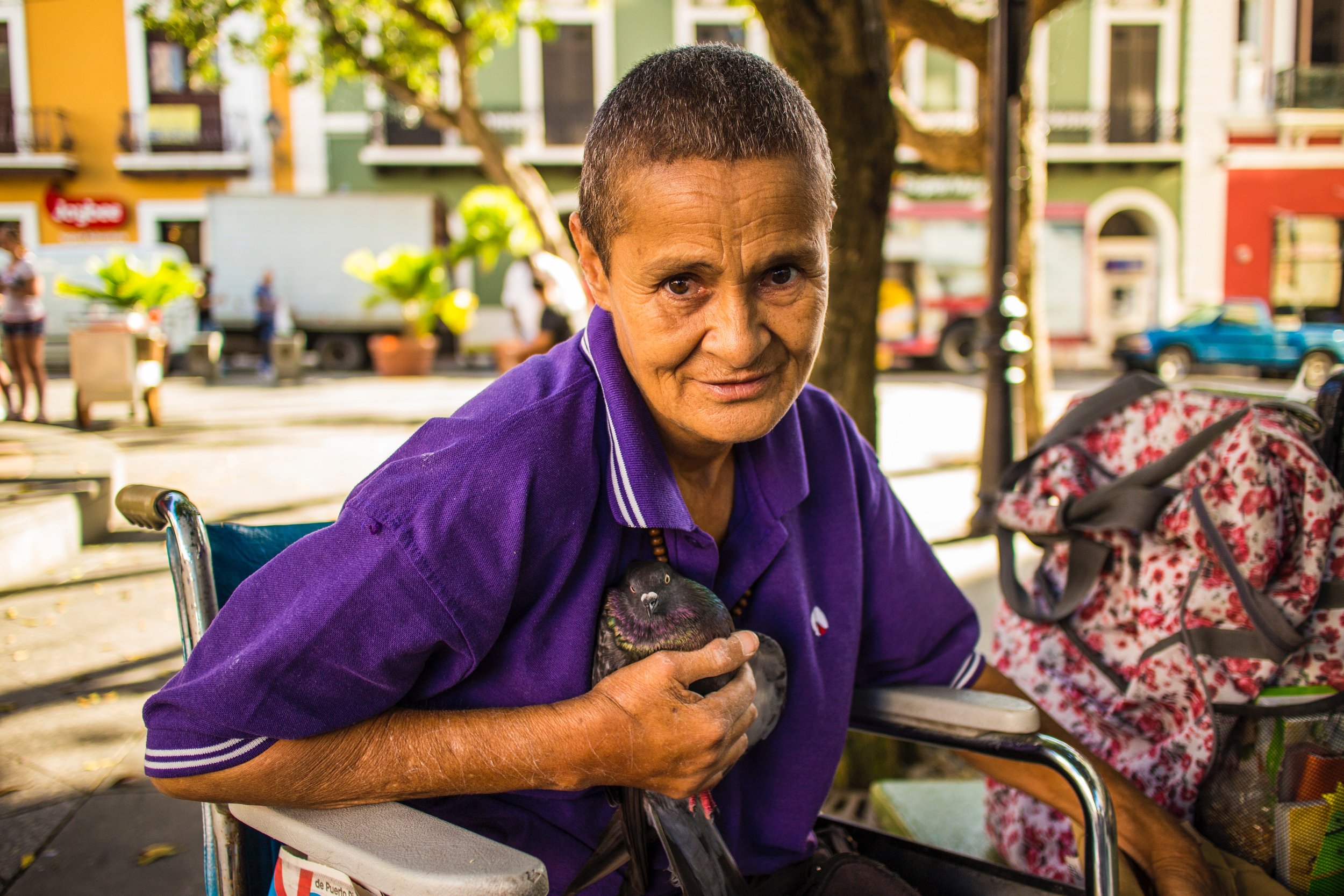
Strengthening Hawaiʻi’s food systems: keeping kupuna fed
Disaster preparedness experts have worried for years about Hawaiʻi’s food security. The COVID-19 disruption has made kūpuna particularly at risk for hunger.
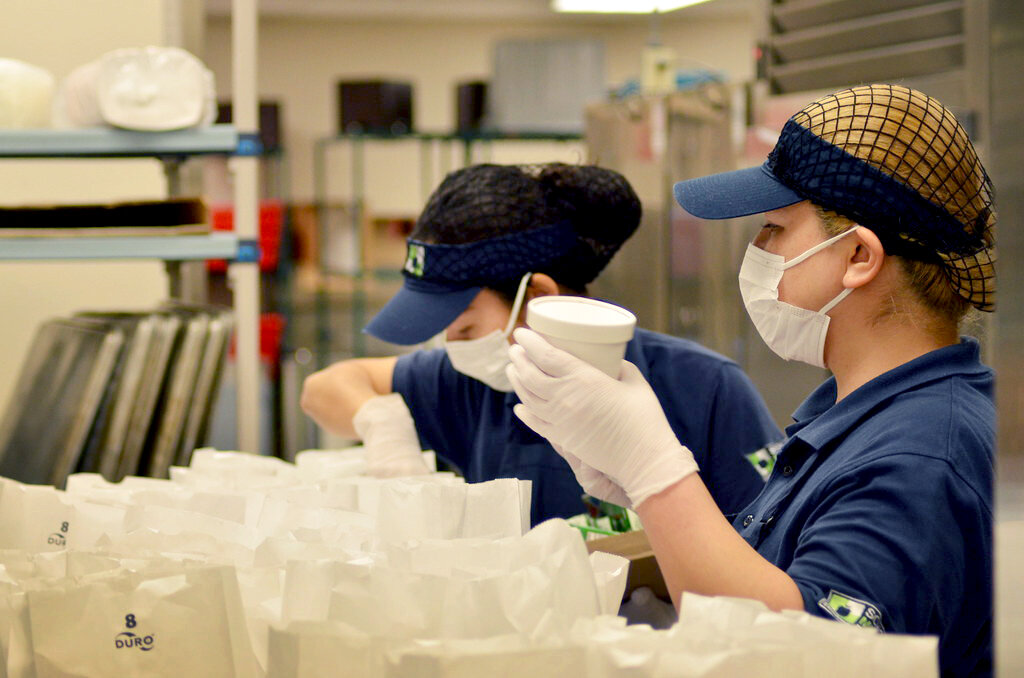
YMCA of Honolulu extends grab-and-go free meal distribution through April 3 for children in need
The healthy lunches prepared according to USDA standards, will continue to be distributed to children in need 11:30 a.m.–12:30 p.m., Mon.–Fri., through April 3.
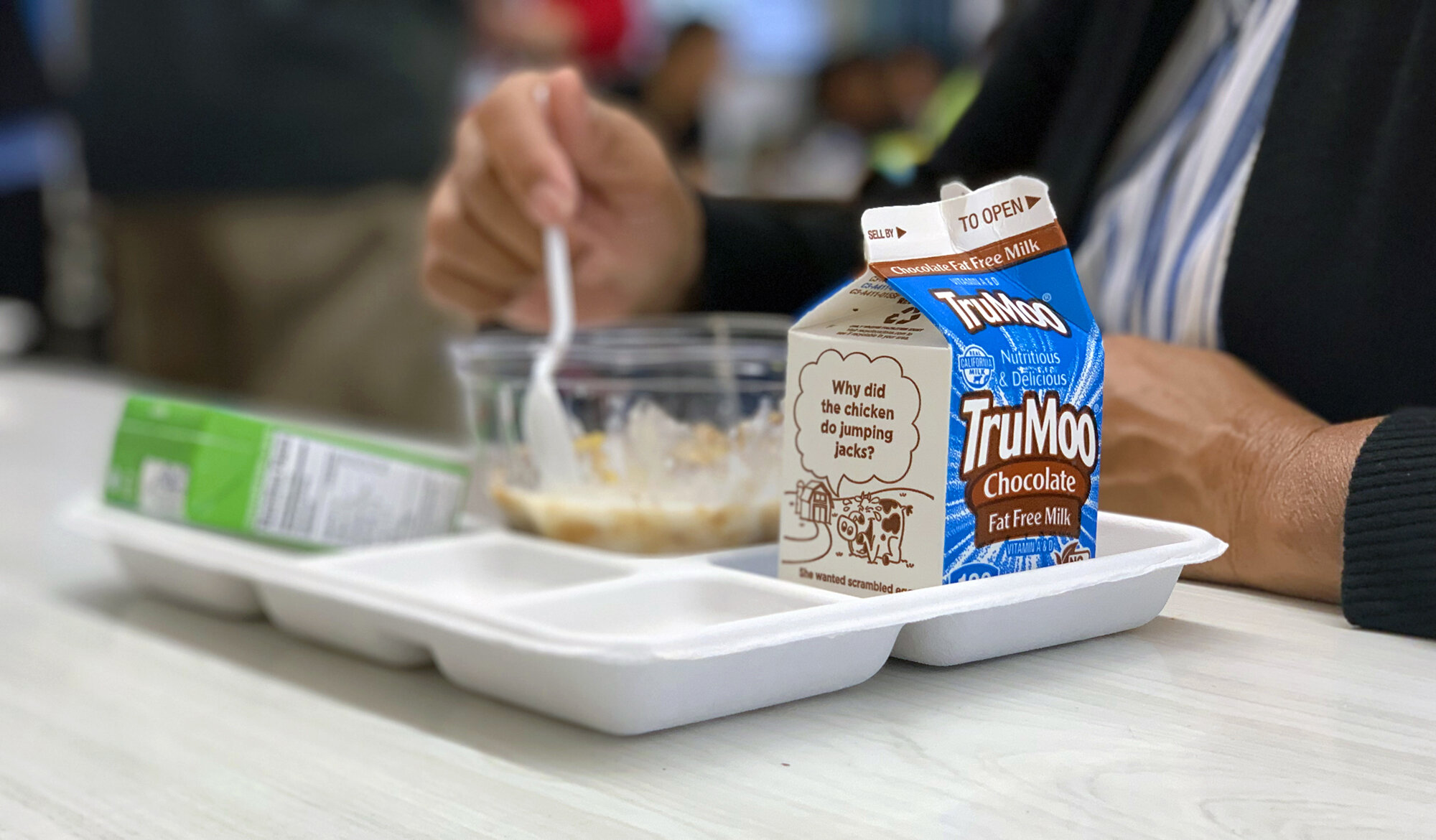
Hawaiʻi home to lowest school breakfast participation in U.S.
Fewer than 40 low-income children in Hawaiʻi ate school breakfast for every 100 that received free or reduced-price school lunch last school year.

Let’s not roll back on Hawaiʻi schools’ healthy lunch strides
We need to stand up to the Trump Administration’s misguided attempts to weaken nutrition standards.

A dream deferred: A week after Martin Luther King Jr. Day, the war on the poor continues
On Monday, the U.S. Supreme Court voted 5-4 to allow the Trump Administration to enforce a rule which makes it harder for poor immigrants to be granted green cards or visas.

Name in the news: Daniela Spoto, Hawaiʻi Appleseed’s anti-hunger director
In a just-released report, the nonprofit’s assessment of the problem is illustrated with three pillars: access to resources, health and nutrition, and community resilience.

Hawaiʻi low-income earners could lose aid under proposed federal SNAP rule change
The rule would prevent Hawaiʻi—with its high cost of living—from waiving federal income and asset requirements to qualify for SNAP.

Corporate citizenship: companies giving back
On Oct. 17, 2019, 5 percent of proceeds from Hawaiʻi’s four Whole Foods Market locations will be donated to expand access to school meals for keiki.
